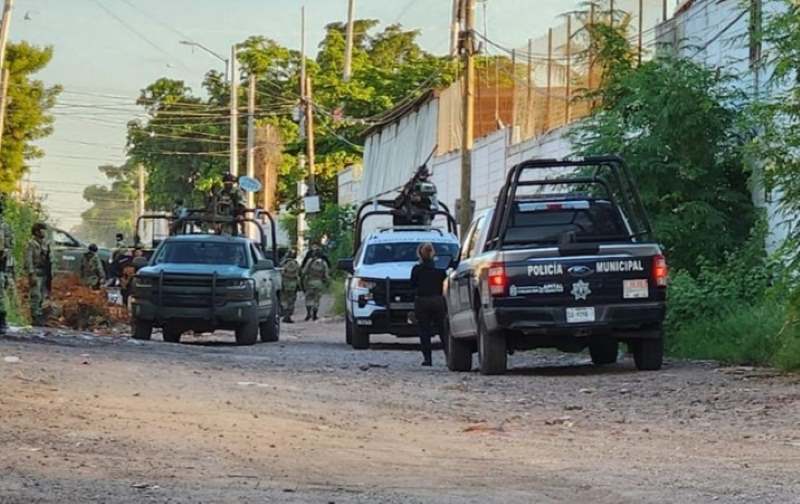Violence Engulfs Culiacán as Rival Cartels Clash
Culiacán, Mexico, is facing a surge in violence due to a turf war between rival factions of the Sinaloa Cartel. The Mexican government has deployed additional troops to combat the violence, but the situation remains dire.

In a significant escalation of security measures in Sinaloa, Governor Rubén Rocha Moya has announced the deployment of 100 new special forces from the Mexican Army, alongside the acquisition of advanced ground-air communication systems. These reinforcements are part of an ongoing effort to contain violence in the region, plagued by organized crime. The new strategy is aimed at intensifying coordinated security operations between local, state, and federal authorities.
The governor's announcement, made after a briefing with Major General Francisco Jesús Leana Ojeda, Commander of the Third Military Region, marks an important moment in the state’s fight against criminal groups. According to Rocha Moya, the arrival of these elite military units will complement the presence of more than 200 special forces already on the ground, with support from air forces deploying specialized aircraft such as the Texan planes and helicopters.




